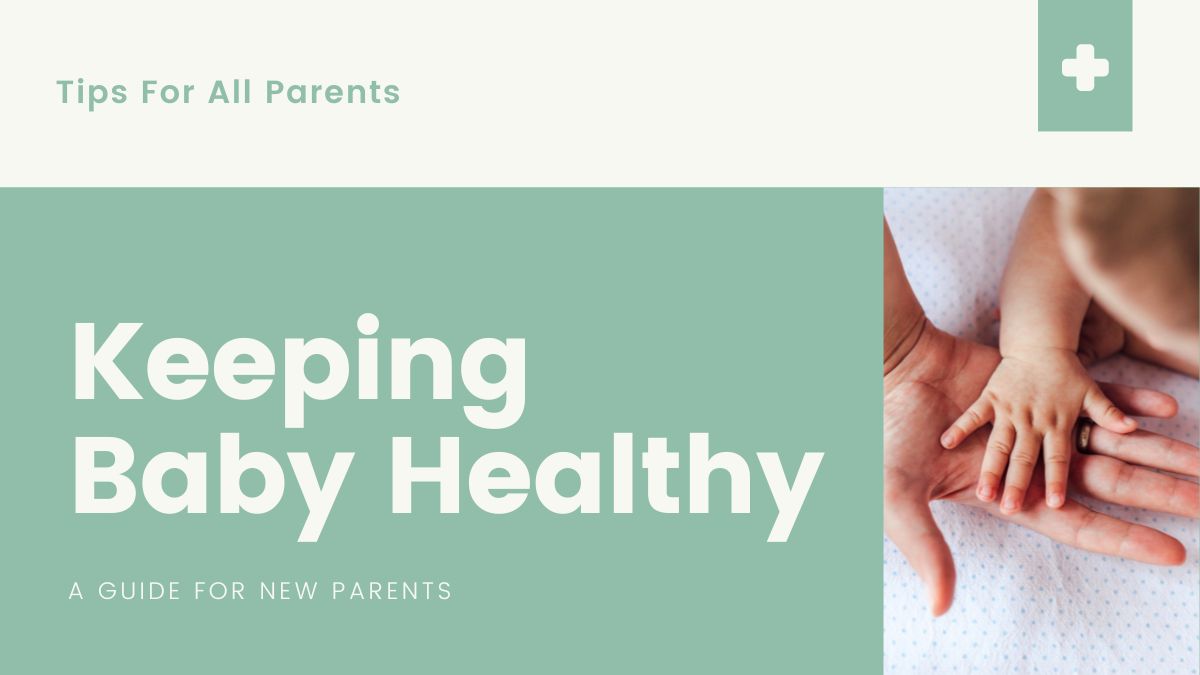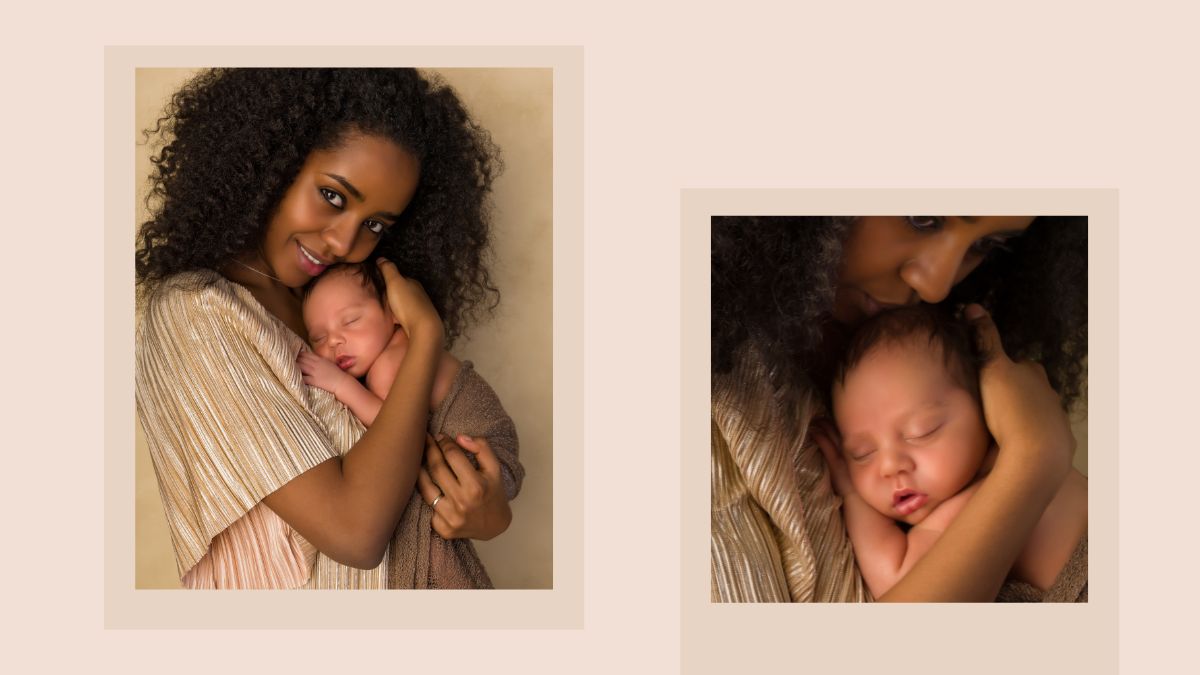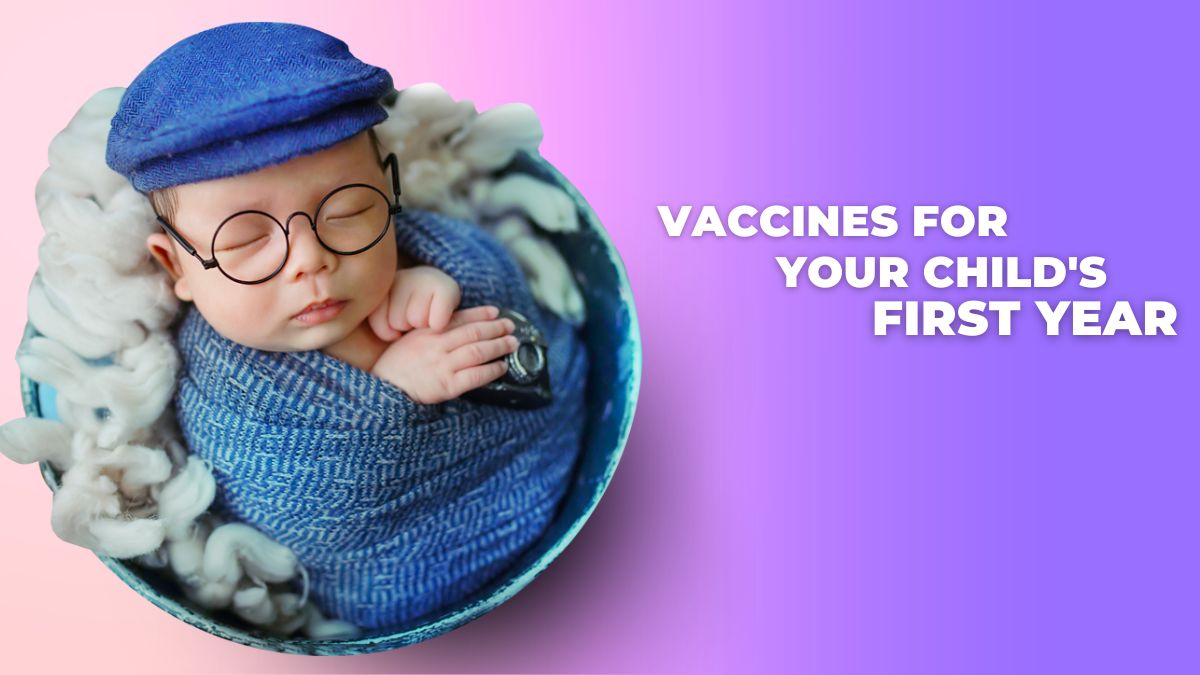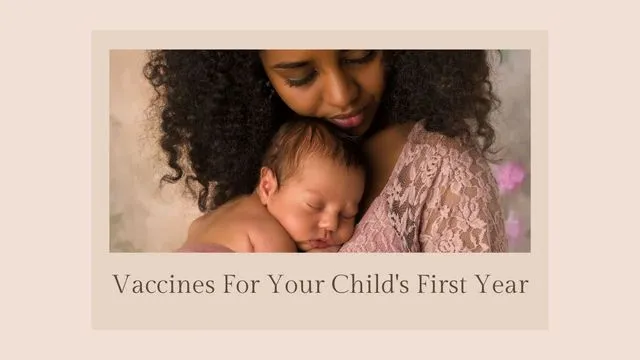- By Priyanka Munshi
- Sat, 30 Mar 2024 06:00 PM (IST)
- Source:JND
Vaccines are essential for shielding babies from major infections and diseases throughout their first year of life. Immunization schedules usually cover immunizations against the following diseases: polio, hepatitis B, pneumococcal illness, hepatitis M, hepatitis T, diphtheria, tetanus, and pertussis (DTaP). These shots are given at intervals, beginning soon after delivery and continuing throughout the entire first year of life.
Additionally, infants who receive these immunizations build antibodies against these diseases, reducing the risk of illness, complications, and even death. In order to guarantee their child's best health and immunity to diseases that can be prevented by vaccination, parents must follow the advised immunization schedule.
In a conversation with Jagran English, Dr. Ravinder Goud Jangampally, who is a consultant pediatrician and neonatologist at Yashoda hospitals in Hyderabad, talked about the much needed vaccines for your child's first year.

Immunization schedules cover polio, hepatitis B, pneumococcal illness, hepatitis M, hepatitis T, diphtheria, tetanus, and pertussis (DTaP). (Image Credit:Canva)
What Are Vaccines?
Vaccines represent one of the most important preventive strategies in the pediatric population against many preventable life-threatening diseases.
What Is A Vaccination?
It is an immunotherapy to treat many infectious diseases by stimulating the immune system of the body to produce specific antibodies to fight the disease.
Is Vaccination Necessary?
Yes, all babies need the vaccines; in fact, they get their vaccines starting from day 1 of life.
Availability Of Vaccines?
Vaccination is available through the National Immunization Schedule (NIS) in government health sectors (PHC/CHC/GOVERNMENT MEDICAL COLLEGES), as well as in private clinics, hospitals, and nursing homes.
Also Read: How To Prevent Kidney Diseases: Expert-Recommended Tips For Every Season
What Are the Recommended Vaccines Before Your First Birthday?
- BCG (Bacillus Calmette-Guérin)
- OPV (oral polio vaccine)
- Hep B (HHepatitis B)
- DPT (Diphtheria,Pertussis,Tetanus)
- IPV (inactivated polio vaccine)
- HIB (Hemophilus influenza B)
- ROTA (Rotavirus)
- PCV (Pneumococcal conjugate vaccine)
- Influenza
- Typhoid
- MMR (Measle-Mumps-Rubella)
- MCV (meningococcal conjugate vaccine)
- JE (JJapanese encephalitis)
At What Age Is The Vaccine To Be Taken?
At Birth Vaccines
BCG: BCG is the only vaccine against tuberculosis. This is the most common and easily spreading disease seen in India; it can affect any part of the body with serious complications. So getting the vaccine can prevent the disease and its related complications.

All the vaccines are given at intervals, starting after delivery and continuing throughout the first year. (Image Credit:Canva)
HEPATITIS B: Hepatitis B is an infection that can potentially result in serious disease that can cause liver damage and liver cancer. There is no cure for hepatitis B. This vaccine should be given, ideally within 24 hours of birth. Subsequent doses are recommended at 6 wks, 10 wks, and 14 wks along with DPT.
OPV: The oral polio vaccine is given against polio, which causes paralysis for life. Zero doses are recommended at birth. Can take multiple doses for up to 5 years during the polio campaigns.
AT 1-4 MONTHS:
DPT: It provides the best protection from these three serious diseases: diphtheria, tetanus, and whooping cough (pertussis).
Diphtheria causes serious throat infections and can affect other parts of the body. It is also easily communicable to others. Tetanus usually comes from unclean objects in contact or due to hygiene issues, which cause serious complicating infection.These can be deadly for people of any age, and whooping cough is especially dangerous for babies.
Recommended at 6 weeks, 10 weeks, 14 weeks, and BOOSTERS at 16 months, 5 years, and 10 years.
HIB: It protects against a particular organism called Hemophilus influenzae that can cause diseases like pneumonia(a respiratory infection) and meningitis(a brain infection), etc., which are mostly seen at this young age.
Recommended at 6 weeks, 10 weeks, 14 weeks, and BOOSTER at 16 months to 18 months.
IPV: It is an injectable form of polio vaccine that prevents the child from developing a disabling and life-threatening disease that can cause paralysis for life.
Recommended at 6 weeks, 10 weeks, 14 weeks, and BOOSTERS at 16 months and 5 years.
PCV: This vaccine is against pneumococcal bacteria, which can invade the lungs, causing pneumonia. When it spreads to the bloodstream, causing an overwhelming infection called sepsis. When it invades the brain, it causes meningitis. It can also cause ear infections, which are frequent.
Recommended at 6 weeks, 10 weeks, 14 weeks, and BOOSTER at 15 months.
ROTA: This vaccine is against rotavirus, which is the main culprit for gastroenteritis (infection of the gut): severe, watery diarrhea, vomiting, fever, and abdominal pain. in the age group below 2 years. With this vaccine, this infection is effectively prevented.
Recommended at 6 weeks, 10 weeks, and 14 weeks

Parents must follow the recommended immunization schedule to ensure their child's health and immunity. (Image Credit:Canva)
AT 6 MONTHS:
INFLUENZA: Commonly, this disease is mentioned as flu, and the vaccine is called flu shot. This disease can manifest as frequent colds and coughs, which can easily complicate other organ damage like the liver, brain, lung (causing life-threatening pneumonia), etc.
Recommended at 6 and 7 months of age. Annual vaccination is recommended for children younger than 5 years. Annual shots can also be taken by children older than 5 who more frequently fall ill with changes in season or climate.
TYPHOID: This vaccine is against typhoid disease, which is caused by the bacteria Salmonella typhi that spreads due to unhygienic practices and contaminated sanitation, which children of this age are easily exposed to.
One single shot is recommended between 6 and 9 months of age.
AT 9 MONTHS:
MMR: A vaccine is a combination of measles, mumps, or rubella.
Measles, a fever with a rash, cough, runny nose, and pink eye, can lead to fits, ear infections, diarrhea, and pneumonia. Can rarely die.
Mumps: Cause swelling (under the jaw), fever, headaches, muscle aches, and tiredness. can complicate as deafness, brain infection, and, rarely, death also.commonly seen in preschool age groups.
Rubella: Usually it is a multisystem infection. If it occurs in the womb, it can result in serious heart defects, deafness, and eye defects.
Recommended at 9 months, 15 months, and 5 years of age.
JE: Japanese encephalitis (JE) is a viral infection that is spread by bites of an infected mosquito, affecting the brain and causing encephalitis, leading to fits, abnormal behavior, etc.
The vaccine is recommended at 1 year of age.
MCV: Meningococcal infections can cause meningitis (infection of the lining of the brain and spinal cord) and infections of the blood. It is a devastating illness that progresses very rapidly.

These shots are given at intervals, beginning soon after delivery and continuing throughout the entire first year of life. (Image Credit: Canva)
In India, this vaccine is recommended only for children with certain medical conditions that affect the immune system, making it weak in tackling certain infections, e.g., children with HIV, absent or non-functioning spleen, deficiency of certain proteins required for proper functioning of the immune system, and children on drugs that suppress the immune system. Even normal children can take this vaccine to get protection.
Also Read: 5 Simple And Elegant Ways To Always Dress Classy
Recommended at 9 months and 1 year.
At last Dr. Ravinder said To conclude, all vaccines are important and are the basic needs of your baby, so don't miss any vaccines. Go to a nearby pediatrician to get your baby vaccinated today.

